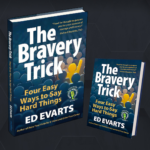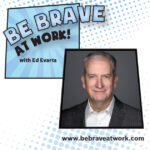There is a big difference between acknowledging an outreach and providing an answer to the outreach. You may not have the answer or you may not have the time to provide the answer at that moment. Regardless of the situation and in order to help your colleagues make progress, you do need to acknowledge them. By acknowledging receipt of an email or a phone message, you will benefit in the following ways:
– You ensure that your colleagues know that you received the message, reducing the likelihood that your colleagues will send another email looking for an update or call again to confirm that you received the message in the first place.
– You are able to set new expectations that reflect your calendar and workload.
– You reduce some of the frustration that your colleagues may experience as time passes without a response.
What does “quickly” mean? Regardless of whether it was Plato or Shakespeare who popularized the often quoted “Beauty is in the eye of the beholder,” quickness is also in the eye of the beholder. Attempting to meet all of your colleagues’ expectations for quickness is as unlikely as all of your colleagues thinking the outfit you have on today looks “fantastic!” Your goal is to set an expectation that you can follow consistently so your colleagues know what to expect from you.
If you can’t commit to the “24-hour rule,” (don’t commit to something you cannot fulfill) the next best strategy to set expectations around response time is the “24/48/72” model. Regardless of the number of daily outreaches you receive, you should respond to the majority of colleagues within 24 hours, and you should have contacted the vast majority of them within 72 hours. This does not mean all of the topics have been resolved; this means you have contacted them in order to keep things moving.







